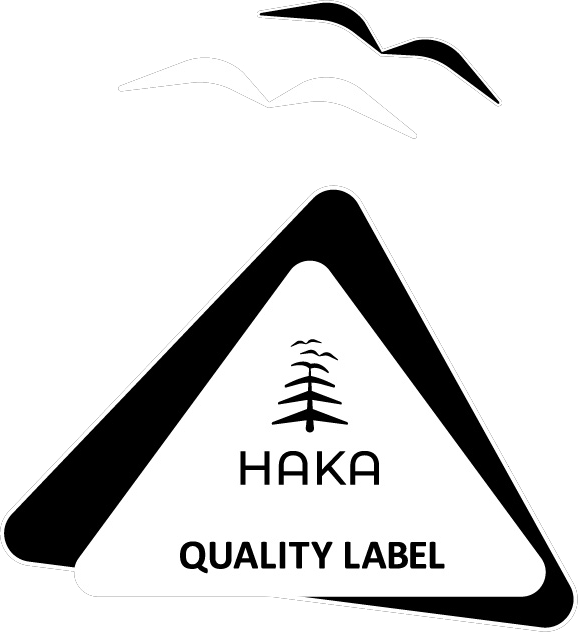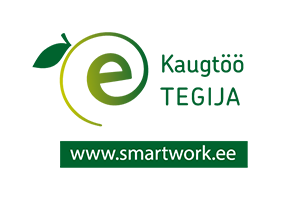 All news
All news

Smart Machines and Systems at the Service of Mankind: Eduard Maron - “Digital Mental Health: current achievements and challenges”
Dr. Eduard Maron is founder of DocuMental and DocuMental Clinic. He is also visiting professor at Faculty of Medicine, Imperial College London, UK. He has clinical experience in psychiatry and mental health for over 20 years, the 5 of which he was Consultant for the admissions ward at Hammersmith and Fulham Mental Health Unit, on the Charing Cross Hospital site in West London Mental Health NHS Trust. In 2016 he established the DocuMental company and developed the first clinical decision support platform for mental health.
The topic covered during this conference was “Digital Mental Health: current achievements and challenges”.
Dr Maron started his presentation with the reminder that according to the new data, every second person will have some sort of mental health issues. Therefore, it is very important to explore how digital solutions can help further the mental health sector.
The speaker continued with describing how the mental health sector can help with mental issues at this moment - not very well. The waiting lists for an appointment are 4-5 months long. Professionals use old fashioned approaches, which are not very effective and might lead to partial or wrong outcome. In addition, the communication between the patients and professionals during follow-up period is fragmental and generally not sufficient. How could digital technologies improve this situation? How can digital technologies improve access to support and the efficacy of mental health assessment and the treatment outcome?
Dr Maron sees great potential in digital systems helping to better these situations. Systems based on AI technologies can improve early identification of first signs of mental health issues, what can help to direct patients to the right specialist from the beginning. Digital technology also has the potential to improve the clinical workflow, in terms of making decisions and assessing health issues. But also with selection of the most suitable and personalised treatment approach as well as progress follow-up and timely intervention. Lastly, chatbots and digital phenotyping apps can fulfil gaps in the communication between professionals and the persons requiring advice.
Moving further, the speaker pondered the ups and downs of Tele-mental health care before and after COVID. The number of hospitals (in the USA) providing Tele-mental health care grew vastly after the pandemic. And are the consultations provided via telemedicine comparable to face-to-face sessions? The speaker states there are no significant differences in the outcomes of mental health services provided via videoconference compared to in-person. Therefore, yes, the two are comparable. Dr Maron also adds that telemedicine can help better the clinical assessments because through the camera AI-based solutions can better recognise the emotions, movements and feelings more clearly, since the machine is not biassed by its own emotions.
The area of digital phenotyping may also improve the assessment and recognition of mental health issues. All the smart devices one carries with them collect data about the people wearing them. All that collected data can tell something about the mental state of a person. However, the passive phenotyping data analysing is still fairly unclear. There are also ways to actively collect this data - by sending in a short questionnaire while a person is actively using their smartphone or through mental health apps. However, due to various reasons, it seems that people are not consistent with using mental health apps. Another important part is that these apps are not very useful if they have no connection to a professional who could provide help.
Going further with the point of how digital solutions can help professionals, the speaker first pointed out the reasons why current mental health services fail to provide good care for patients. He also pointed out how the current digital EHR systems are not helpful but adding complications. As the next step Dr Maron introduced DocuMental, which provides the most comprehensive workflow for mental healthcare fully via digital solutions - from e-Triage to Tele-mental, clinical decision and treatment support system to digital phenotyping for feedback and monitoring.
To conclude, the speaker displayed the AI in patient flow in DocuMental and described the features and functionalities.
You can find full discussion on our Youtube channel. More information at conference homepage.

 Student
Student

